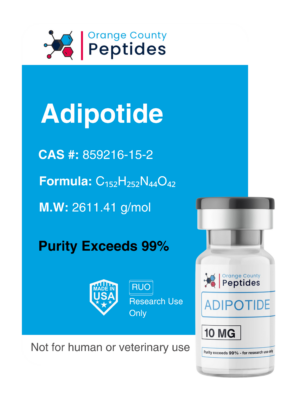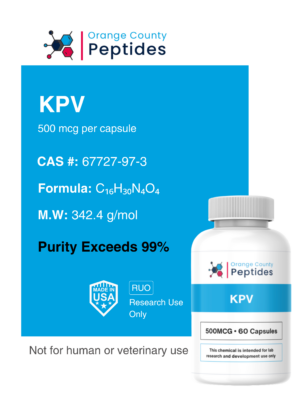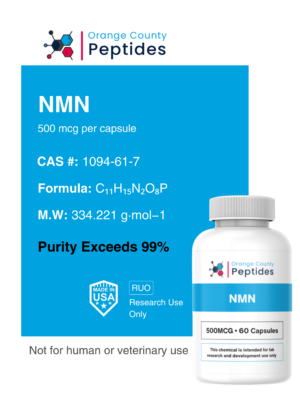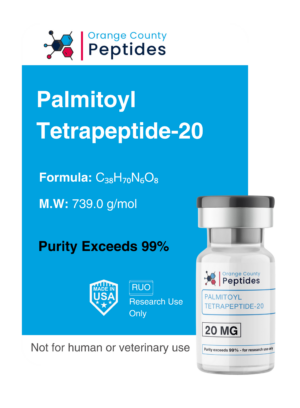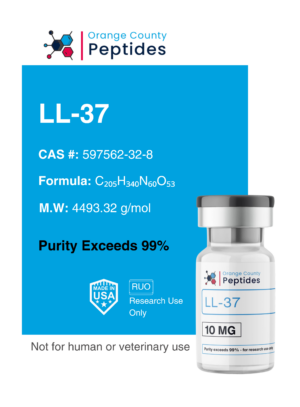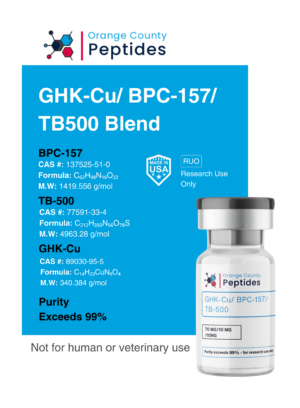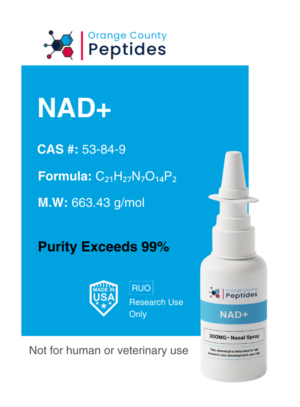Human Chorionic Gonadotropin (HCG) is a glycoprotein hormone that the placenta produces during pregnancy. It helps maintain progesterone levels, which are essential for a healthy pregnancy. This hormone closely resembles luteinizing hormone (LH) and plays a vital role in reproductive system regulation.
Researchers examine HCG for its effects on reproductive health, hormone balance, and other medical applications. In men, it stimulates testosterone production by signaling the testes to produce more of the hormone. Because of this, it is often studied in testosterone replacement therapy and treatments for low testosterone. Additionally, scientists investigate it's impact on male fertility, particularly its role in sperm production and overall reproductive function.
In women, it plays a crucial role in assisted reproductive treatments such as IVF. By mimicking LH, it promotes egg maturation and supports ovulation. Due to this function, researchers continue to explore its applications in reproductive endocrinology and fertility treatments.
Beyond fertility, some studies focus on how it influences fat metabolism and weight regulation. Researchers explore whether it affects fat breakdown and how it interacts with dietary interventions. Some experimental protocols combine HCG with low-calorie diets, though its long-term effectiveness remains a subject of debate.
Further research examines how it affects metabolic health and insulin sensitivity. Scientists analyze whether it supports muscle growth, recovery, and overall energy balance. Because of these potential benefits, studies continue to investigate it's role in hormone function and physical performance.
Ongoing research in reproductive medicine, hormone regulation, and metabolic science highlights it's significance. As scientists deepen their understanding, they explore new therapeutic applications and potential benefits of HCG in various medical fields.
For Research Use Only.


